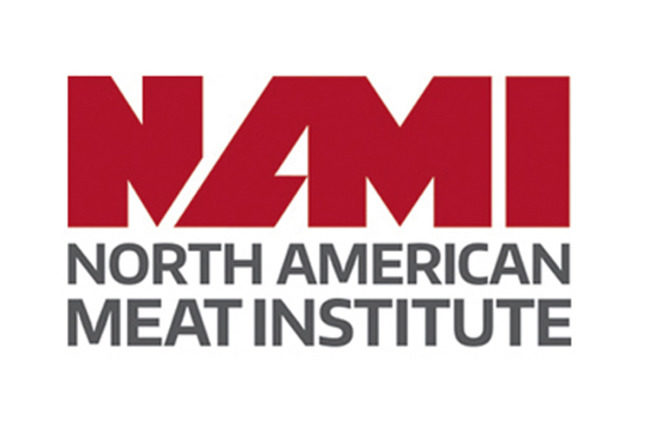WASHINGTON – As part of its comments to The Commonwealth of Massachusetts Office of the Attorney General on the proposed Regulations Implementing the Act to Prevent Cruelty to Farm Animals, the North American Meat Institute (NAMI) expressed its support of delaying enforcement of the animal confinement law. NAMI said in its comments that producers and processors need more time to not only understand the legislation, but to make the necessary changes in their facilities. NAMI encouraged the agency to delay changes to the state’s animal confinement legislation for two years after publication of final rules and enforcement of the Act and regulations.
“Simple equity demands that the agency delay enforcement of the Act so veal calf producers, hog farmers, packer/processors and the rest of the supply chain have time to understand and comply with yet-to-be published final regulations,” said Mark Dopp, NAMI’s chief operating officer.
In his comments, Dopp added that the state’s attorney general was required to announce details of the requirements of the Act prior to Jan. 1, 2020.
“The Attorney General is 19 months late and counting in meeting that deadline,” said Dopp, adding that compliance will force the pork and veal industry to reallocate employees and other resources in preparation for the proposed deadline.
According to NAMI, processors need time to assess their operations and supply chains to determine if it is feasible to continue supplying products to the state of Massachusetts in compliance with the proposed regulation.
“To implement those changes in the absence of final rules is impracticable, if not impossible,” said Dopp in his comments.
NAMI also noted that similar legislation being proposed in California (Proposition 12) included an economic analysis that concluded the proposed changes would result in consumers paying higher prices for pork and veal products. Massachusetts did not include any economic impact study in its proposal process.
Another sticking point, said Dopp, is the cumbersome and expensive record keeping required by the proposed law in Massachusetts. For example, processors that produce pork products and sell them in Massachusetts would be required to certify and maintain records of each transaction for three years. NAMI suggested instead that the seller supply the purchaser with a guarantee, certification, or other information to demonstrate the animals or products are compliant and simplify the process using an outcome-based practice.
“Large packer processors could have thousands of transactions a year in Massachusetts. Plus, they undoubtedly sell covered pork or veal products to third parties who, in turn, sell the covered products in Massachusetts but the packer often will not know when it sells the product whether that product will be sold in Massachusetts,” said Dopp. “Indeed, the distributor may not know when it purchases from the packer to whom the product will be sold.”



